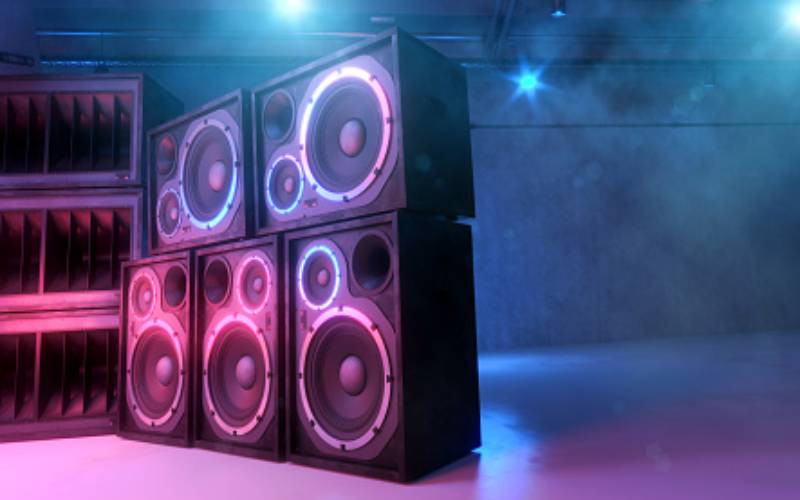×
The Standard e-Paper
Kenya’s Boldest Voice

You have a right to a quiet environment at all times, the Kenyan laws say.
Article 42 (a) of the Kenyan Constitution says: "Every person has the right to a clean and healthy environment, which includes the right to have the environment protected for the benefit of present and future generations through legislative and other measures."